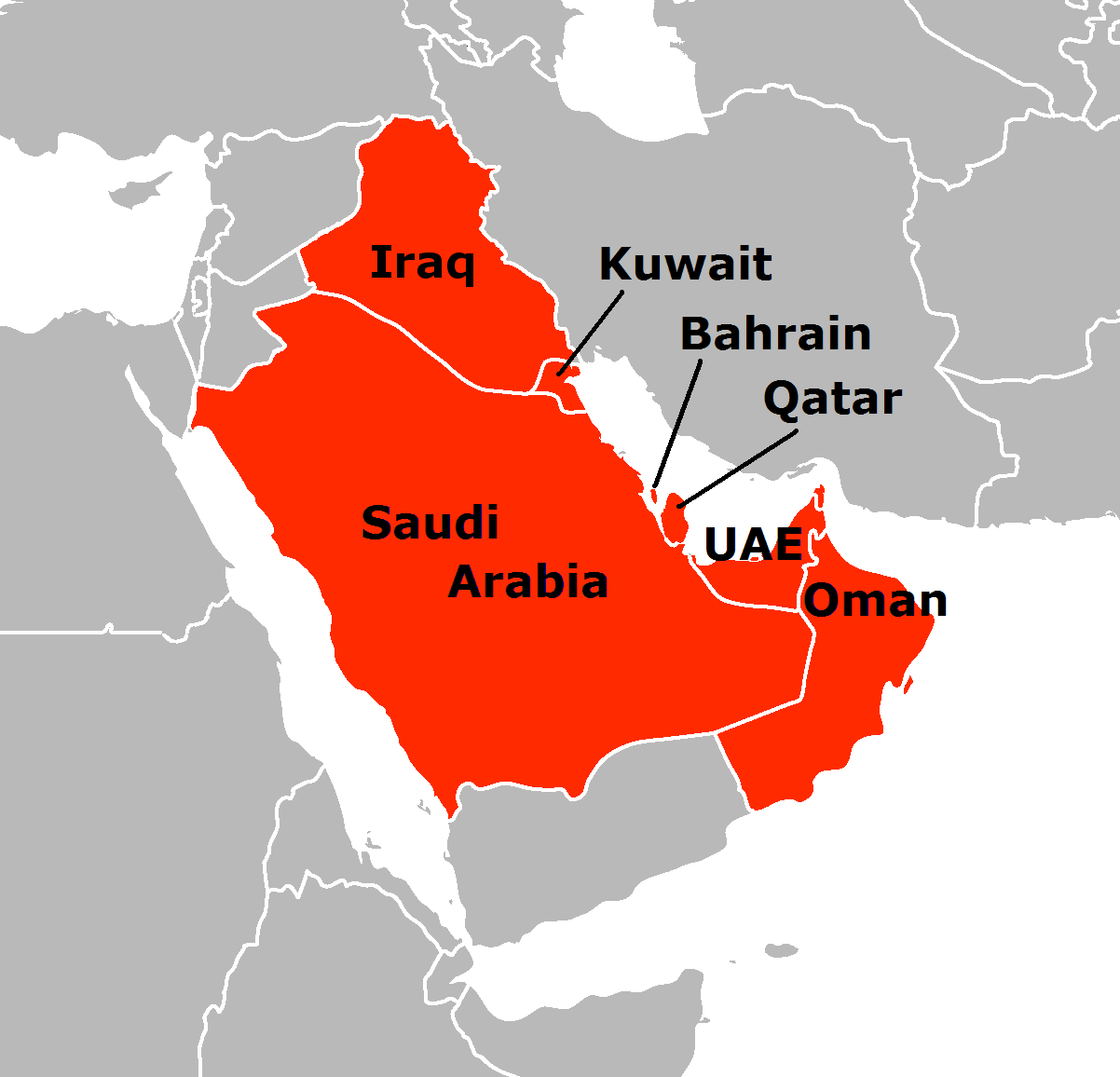Wednesday, 04/03/2026 | 02:06 GMT+7
Government officials, international experts and development practitioners agreed that energy efficiency and renewable energy investments have the potential to build resilient economies of the GCC. The Forum, hosted by Oman and organized by the World Bank and the first of its kind in the Gulf Countries, examined the role of clean energy in reducing fiscal pressures and improving economic productivity and competitiveness.
The two-day event, Tapping a Hidden Resource: Energy Efficiency and Renewable Energy in the GCC Countries, provided a platform for decision-makers to openly address current challenges to deploy clean energy at scale and exchange relevant international experience. Discussions focused on the scale of energy efficiency potential in key electricity consuming sectors, buildings and industry in particular; barriers to scaling up energy efficiency investments; and identifying areas of possible collaboration to design and implement the required policy measures.

“Countries in the GCC have an enormous potential to be more energy efficient. This requires extensive coordination by the government and engagement of all stakeholders,” said Gerard Byam, World Bank Director of Strategy and Operations for the Middle East and North Africa region. “The Energy Forum is an opportunity for all of us to learn more about the challenges facing countries in the region and to provide the global experiences and lessons in support of the needs on the ground.”
The GCC witnessed unprecedented economic and industrial development in the last decades that led to an increase in domestic energy consumption. Forecasts indicate an increase in domestic energy consumption with a growth rate that could reach 6% to 8% annually.
“The World Bank can mobilize its global expertise to provide the GCC countries with insights on relevant successful policies needed to address the region’s energy challenges and convert them to opportunities. Scaling up Renewable Energy and promoting Energy Efficiency can unlock technology innovations, job creation and economic growth," said Anita George, Senior Director of Energy and Extractives at the World Bank.
The fast-track economic growth and development experienced by the GCC economies since the mid-20th century in particular, has left its toll on the region’s energy profile. While the GCC exports significant quantities of hydrocarbons that fuel economic growth worldwide, GCC states would benefit from a more efficient use of its resources to meet domestic energy demand at home.
“The fast-growing domestic energy demand in the Gulf Countries poses a major challenge on energy security and it is extremely important to rethink strategies to ensure that we are heading in the right direction to achieve fiscal sustainability and the efficient use of our renewable and non-renewable resources,” said H.E. Darwish Al Balushi, Minister of Finance.
The World Bank has a large and growing global portfolio in energy efficiency and renewable energy investments, in addition to advisory services. In the GCC, the current World Bank technical cooperation program on energy efficiency includes advisory services in Saudi Arabia and Bahrain, and new programs are under discussion in Oman, United Arab Emirates, and Kuwait.
Truong Duy







